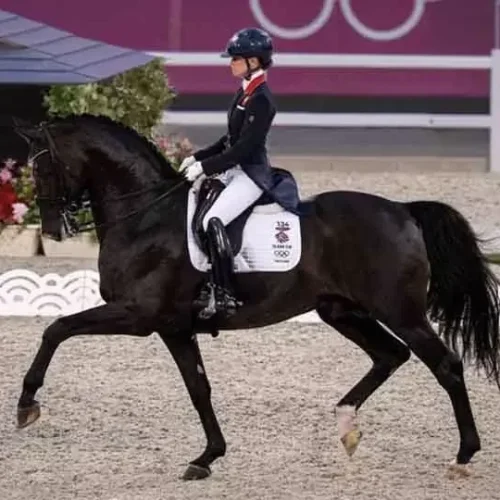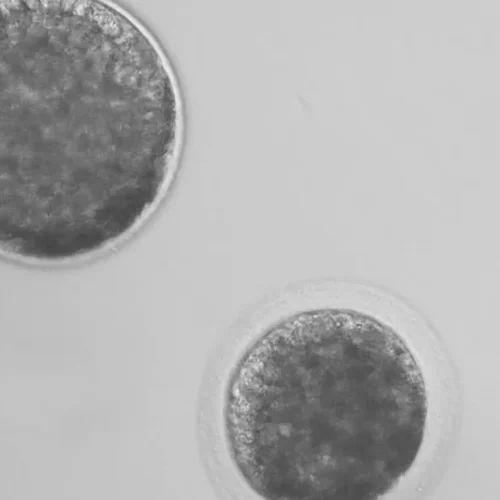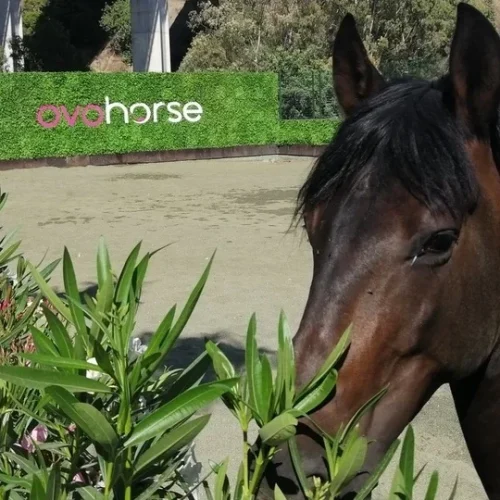Science, like water, advances and makes its way regardless of the obstacle in front of it. In the animal world, **biotechnology** plays a fundamental role today in many procedures. Always under the premise and commitment to ensure animal welfare. On the occasion of the World Science Day celebrated every 10 November, we will next see all the care that must be carried out – before, during and after the process – when we perform the **OPU technique** in **mares**. Caring for every detail will be important to achieve the success of the reproductive programme.
What is OPU? Why is this technique performed?
Ovum Pick-Up (OPU) is a technique used to obtain oocytes directly from the mare’s ovary. It consists of an ultrasound-guided follicular aspiration (used to visualize the ovary and guide to the follicles containing the oocytes) using a fully equipped ultrasound machine. Once these oocytes are obtained, they are transported to the laboratory, where they mature and, subsequently, In Vitro Fertilization is carried out using the
Preparation before follicular aspiration (OPU)
Follicular aspiration is a minimally invasive technique and requires sedation and analgesics in order to proceed with the extraction of the oocytes. To find the optimum point and so that the animal is in full condition, it will be important to follow these steps:
- If the transport has been too long, it is advisable that the mare arrives one day before OPU.
- The mare must be fasting and, as far as possible, reduce stress levels to a minimum.
- She will undergo an ultrasound examination to check that she has the greatest number of follicles, no uterine infection and no health problem. Her weight will also be checked and tests will be carried out to assess possible underlying diseases.
Care after OPU
After evaluating the general state of the mare and the number of follicles, the **aspiration of the oocytes** is successfully performed, and it is time to attend to the mare for her early and prosperous recovery.
Actually, as various studies and sector professionals indicate, it is a “quite safe” procedure, especially if carried out by “a trained professional and with experience”.
Nevertheless, although it is possible that the mare may be discharged within hours and can go home, it is interesting to take into account the following indications:
- Do not eat or drink in the first two hours. After that time, monitor her urine and if she defecates normally.
- Control the mare’s temperature during the first 24 and 48 hours.
- Check the vaginal secretions. If too many or of a strange colour appear, it is important to contact the veterinarian immediately.
- Keep her in a pleasant space and environment for her tranquillity and welfare. The aim is to control her stress levels.
- Introduce with caution the food being especially careful with the feed on the first day. If the animal shows any colic symptoms or loss of appetite, it is important to contact the veterinarian.
- A short treatment with **anti-inflammatories** and **antibiotics** will be applied as a preventive measure.
- The mare may resume her physical activities from the third day post OPU, always gradually, from lower to higher intensity. She will resume flat work to progressively continue her programme of **usual training** and her sporting calendar of sports, and, of course, taking into account the dates to avoid ‘doping’.
Call and ask about any doubt
It is normal that doubts may arise if it is the first time that your mare undergoes the **follicular aspiration technique** or if she presents some exceptional pathology.
In such cases, do not hesitate to call us and contact our professionals. They will guide and advise you on the steps you must follow.





